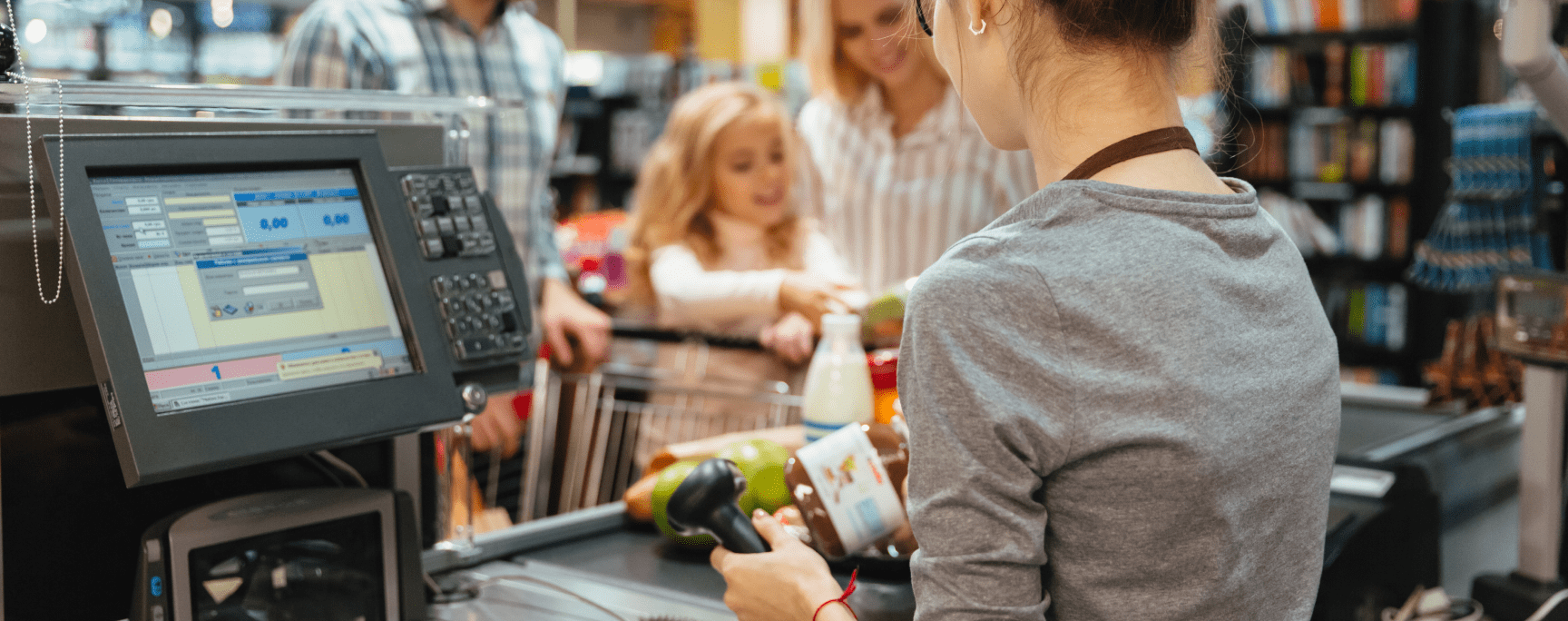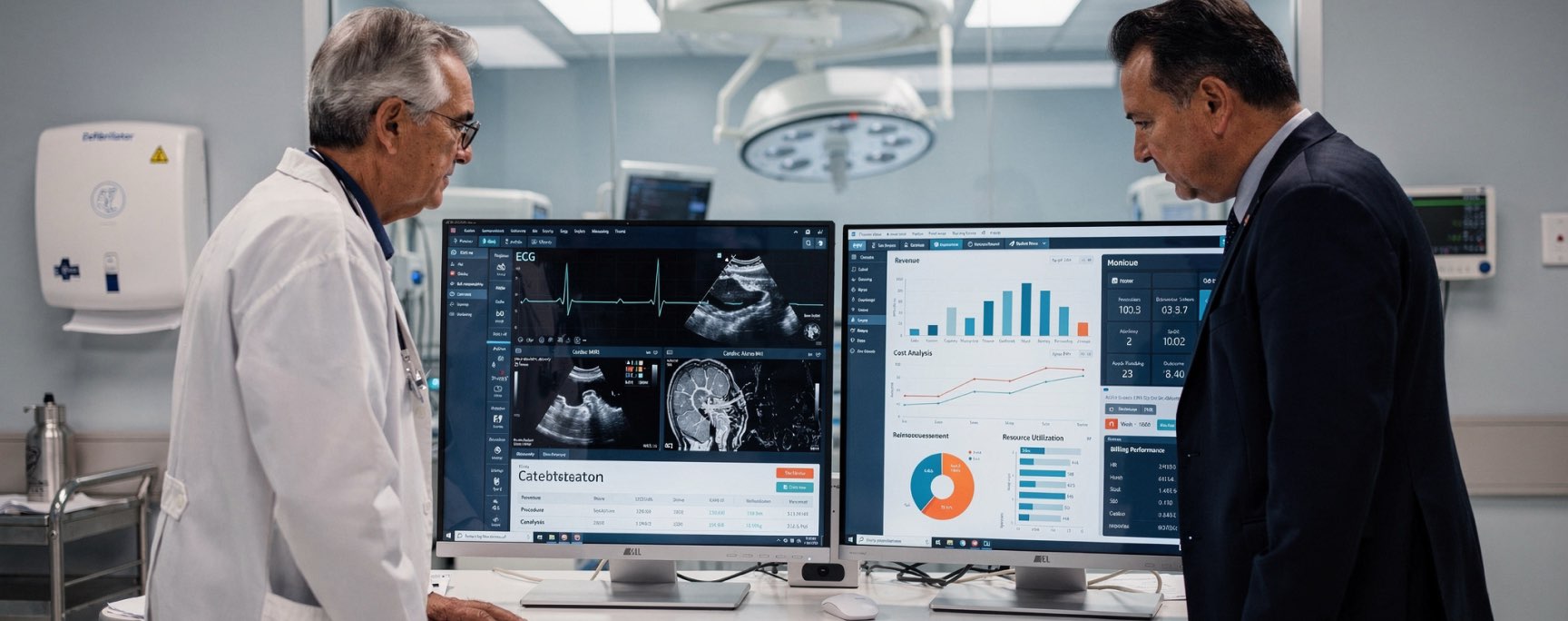Machine Learning In Retail: Applications, Benefits, Use Case Explained
Artificial intelligence (AI) and machine learning (ML) are just two new technologies transforming how organizations across a wide range of industries operate the business.
The retail industry, in particular, has been adopting advanced AI-powered and machine learning applications such as recommender systems, chatbots, predictive analytics systems, etc., to innovate and enhance their business processes.
From storage logistics to post-sale customer service, AI has been effectively integrated across the entire sales cycle by major companies such as eBay, Amazon, Walmart, and Alibaba.
The use of machine learning in retail has expanded beyond automation or the replacement of humans. Data analysis, data-driven recommendations and decision making, payment processing, and much more have all been added to the list of services provided by the company. Now let’s take a look at some of the top applications of machine learning in retail.
Table of Contents:
- Why Machine Learning Matters?
- Why Does Retail Need Machine Learning?
- Benefits of Machine Learning in the Retail Industry
- Use Cases of Machine Learning in Retail
- Custom Retail Software Solutions Dash Can Help Develop
Why Machine Learning Matters?
A subset of artificial intelligence enables computer systems to analyze and learn from data while making accurate predictions and smart decisions with minimum human interaction. A machine learning model for retailers efficiently review and break a big volume of complex data into actionable insights, enabling:
- Exact estimation of future demands
- Optimization of inventory management
- Understanding customer demands with the right segmentation
- Personalizing products offerings
- Set the best prices to maximize revenue
Why Does Retail Need Machine Learning?
Retailers’ survival depends on their ability to predict. It’s possible to forecast how many goods would be needed on a particular day in response to retail consumers’ demand using AI and automated machine learning techniques, saving money and time. It is also possible to use machine learning and artificial intelligence to optimize purchasing, inventory, and sales. This way, you’ll know whether the current assortment is correct regarding retail customers’ demand, whether prices are set correctly, which stores need to organize the supply of certain goods, taking into account regional and other characteristics.
According to Juniper Research, retailers’ annual spending on artificial intelligence will increase by 230% – from $3.6 billion in 2020 to $12 billion in 2023. The main direction of machine learning implementation in retail will be using machine learning tools for demand forecasting. Revenues of products and services providers in this industry will reach $3 billion by the end of the “reporting period” (an increase of 290% compared to $760 million in 2019).
In retail customer service, Juniper sees great potential in chatbots that work with customers in the salesrooms. By 2023, bots helping shoppers navigate the store will yield annual savings of $439 million for retailers ($7 million in 2019). They will make 22 billion contacts with visitors and will help make $112 billion worth of purchases.
Sounds pretty impressive, isn’t it?
Benefits of Machine Learning in the Retail Industry
With this technology, you may increase operational efficiency, reduce inventory costs, and adapt retail operations to market trends today and in the future. Here’s how to do it:
- Determine the Best Price for Products & Services
For suppliers, it helps them determine the best prices for their products by considering all the elements that influence product pricing.
- Predict the Inventory Levels needed on Hand
Machine learning offers an accurate forecast of the orders you may expect based on the analysis of past sales data and current purchasing habits.
- Provide Personalized Customer Services
Intelligent AI-based chatbots empower customers 24×7, solving their queries promptly with personalized recommendations, without any human involvement.
- Identify Vendors Offering the Best Deals
To find the best deals and make good judgments, it may evaluate several vendors’ quotations against market rates.
- Customize the Shopping Experience
To increase conversions, ML may be used to create hyper-personalized customer profiles in minutes.
- Track Customer Journeys across Touchpoints
Has the ability to track consumer journeys both in-store and online to discover goods that are regularly in demand and high-traffic locations.
If you want the benefits of machine learning, though, you must ensure that your data is error-free and consistent. As a result of the cleaned data, it is possible to make accurate forecasts and make the best decisions while keeping customers happy.
Use Cases of Machine Learning in Retail:
Various organizations are using machine learning to improve the customer experience and increase revenue. Check below some machine learning use cases in the retail sector:
-
Price Optimization
Machine learning algorithms analyze a large quantity of data, allowing you to perceive the market as a whole. When it comes to tracking the conduct of their resellers, for example, AI technologies enable retailers to be confident whether any of their resellers violates the minimum advertised price.
-
Demand Prediction
An organization that wants to provide a genuinely customized experience for its customers’ needs to predict demand. Machine learning will improve inventory planning and guarantee that the product is stocked up according to demand predictions, which will benefit the company.
-
Logistics Support
When it comes to determining the best routes for the delivery of goods, machine learning algorithms rely on the same data. With smart technology to enhance logistical planning, retailers may simultaneously improve customer experience by delivering goods faster and saving expenses. Plus, systems can take into account the need to reduce harmful air emissions from road transport.
-
Personalized Offers
Machine learning system evaluates user behavior, including his last purchases, Google search history, social network comments, and solvency, and then make the best suggestions about what kind of product will suit the user and at what point in time he will need it, based on this information and other information.
-
Predictive Analytics
For retailers, predictive analytics has become a powerful tool that was previously impossible. Today, thanks to machine learning and artificial intelligence, they are based on common sense and a vast array of historical, current, and alleged data sources. There are several advantages to using predictive analytics.
-
Churn Rate Prediction
The cost to acquire a client is five times higher than maintaining an existing one. As a result of machine learning, a company may identify situations that are likely to result in the loss of a customer to take the most urgent steps to keep him on board.
-
Location Optimization
Using technology, businesses may target clients based on their location and learn about faster and better routes to efficiently deliver goods to customers.
-
Fraud Detection
While detecting and preventing credit card fraud when buying online or in-store, machine learning and AI are highly effective since the system is capable of self-learning. Aside from the fact that machine learning systems have access to unlimited data, they may also help prevent fraudulent coupon and discount activities by tracking user activity from a specific IP address.
-
Document Work Automation
Your company’s internal data, such as how it manages human resources, may also be analyzed by machine learning. This allows you as a retailer to make your employees more flexible, relieve them from routine tasks, and better plan their work schedule to remain motivated, efficient, and focused on customer service.
-
Merchandising
When it comes to visual merchandising, machine learning may ensure that an online customer has the same experience as an offline customer. Customers have stated that product images play a vital role in the sales part. Machine learning is now used by businesses to provide a visual effect to the customers.
Ready to transform your innovative ideas to create a positive impact?
Our team of experts is here to guide you through every step of the journey, ensuring your vision becomes a reality.
Get in touchCustom Retail Software Solutions Dash Can Help Develop:
Dash Technologies is a Software Development Company in USA that provides Artificial Intelligence Development Services and builds data-driven solutions to help customers solve their unique business challenges in different industries such as retail, healthcare, and medical devices.
Are you a retailer? Would you like to attract more customers to your store?
Reach out to Dash ML experts now to learn more! Our experts bring your ML projects for retail into reality.
Visit our Case Studies page to learn more about our machine learning solutions.
About Dash

Dash Technologies Inc.
We’re technology experts with a passion for bringing concepts to life. By leveraging a unique, consultative process and an agile development approach, we translate business challenges into technology solutions Get in touch.







